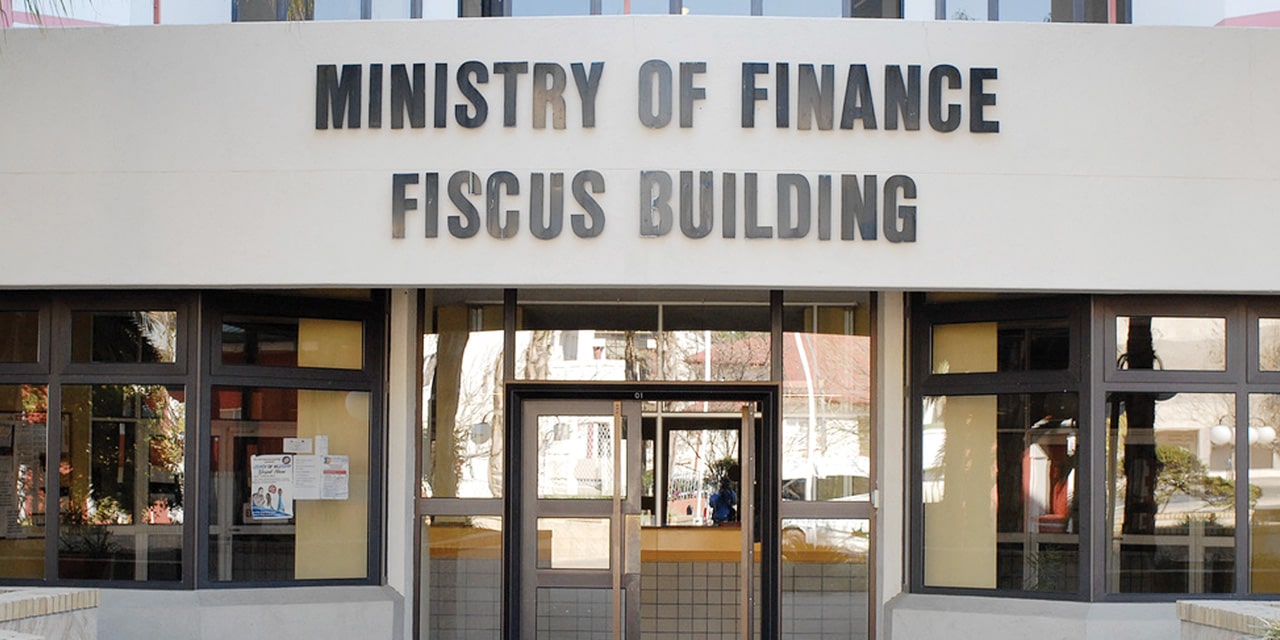Staff Writer
The Popular Democratic Movement (PDM) has warned that the country’s indebtedness is reaching precarious levels, a position which could one day hamper its ability to pay the interest on what is owed.
This comes as ratings agency, Moody’s downgraded Namibia’s government debt on Friday from the previous Ba2 rating to Ba3.
“The government has become so completely dependent on borrowing, that just one more small external shock will put it in a position where it cannot pay the interest on its debt. This will lead to an automatic downgrade to the ‘C’ category according to Moody’s system, which will indicate that the government is either about to or has already defaulted on its financial obligations. When this happens, IMF rescue loans are the only option,” PDM Treasurer General, Nico Smit said.
“The main concern for the near and medium term is the government’s ability to service the interests on its debt load. The IMF benchmark, of 10 percent of total revenue, has long been surpassed with the 12 percent mark breached in 2019 and the 16 percent mark looming in 2021.”
According to Smit, between April and October this year, the government has borrowed N$8.3 million.
“Earlier this year, the total domestic borrowing requirement for this year has been revised upward from N$10.4 million to N$12.4 million. Between April and October this year, the government has borrowed N$8.3 million, indicating that another N$4.1 million will be required before the end of March next year. At the current rate of increase, it is almost certain that another increase will be needed before the end of the fiscal year,” he said.
“The latest published borrowing schedules indicate that government debt will exceed 72 percent of Gross Domestic Product this year and will come close to 75 percent next year. This is based on a budget deficit of nearly 10 percent, an unprecedented level in the history of an independent Namibia.”
The PDM MP said the backlash effects of COVID-19 is expected to negatively impact government’s fiscal position.
“Given the external shock that came from Covid-19, all indications are that the government’s fiscal position will deteriorate by between 8 percent and 10 percent this year, and that the expected return to growth in 2021 is based on very tentative assumptions. Both Moody’s and Fitch share this view, hence their negative outlook,” Smit said.
“Namibia’s fiscal house is not in order and Covid-19 cannot be offered as an excuse.”
He said the bloated government wage bill remains a concern.
“At the end of 2016, the then Minister of Finance Calle Schlettwein committed the government to a gradual reduction in the government’s enormous wage bill. The stated intention was to reduce the civil service by two percent per year through a process of natural attrition. Moody’s stated that this has not happened and that the wage bill is as bloated as ever. Moody’s also thinks that this reduction is politically untenable, which indicates that government finances will continue to slide into the abyss, until a Zimbabwe situation is reached,” Smit said.
“With no solution in sight to reduce the size of the civil service and with very weak economic conditions, the situation will continue to worsen.”




